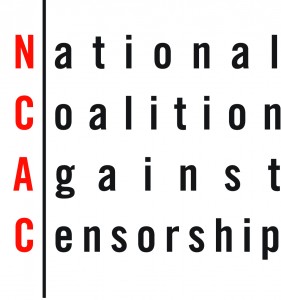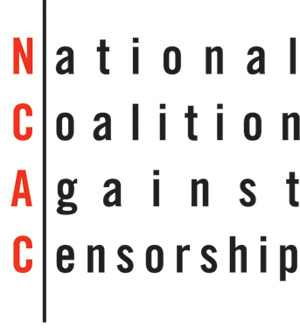 Yesterday, NCAC sent a letter to North Carolina Governor Roy Cooper urging him to veto a bill dubbed as a measure to “restore” and “preserve” free speech on state college campuses. But why would an organization devoted to free expression like NCAC object to an effort to safeguard free speech at universities? Because, as Louisiana Governor John Bel Edwards concluded when he vetoed the bill in his state, “(it) would only frustrate the goals it purports to achieve.”
Yesterday, NCAC sent a letter to North Carolina Governor Roy Cooper urging him to veto a bill dubbed as a measure to “restore” and “preserve” free speech on state college campuses. But why would an organization devoted to free expression like NCAC object to an effort to safeguard free speech at universities? Because, as Louisiana Governor John Bel Edwards concluded when he vetoed the bill in his state, “(it) would only frustrate the goals it purports to achieve.”
NCAC supports free expression to the fullest degree on every college campus, however the North Carolina bill, like several other similar bills being introduced and made law in states across the country, poses a real threat to academic freedom and would likely chill, rather than foster, free speech.
The North Carolina “Restore Campus Free Speech” bill is modeled after a proposal by the libertarian think tank, the Goldwater Institute. There are 10 other states who have Goldwater-modeled bills pending, with Arizona, Colorado, Utah, Tennessee, and Virginia already passing theirs into law.
NCAC supports lawmakers in their efforts to promote free expression and defend the First Amendment rights of all students. However, it is imperative that universities – not government – lead the charge in fostering tolerance of ideas and respect for the right of free expression, including the right of all students to peaceably assemble in protest.
At issue with the Goldwater bills is that they go further than simply prompting universities to responsibly regulate speech; they set a dangerous precedent by usurping university powers to do so.
The proposed legislation prescribes measures for regulating speech that many universities already have internal mechanisms to handle, while broadening legislative control over institutional governance and classroom instruction. For example, the Goldwater bills mandate curricular programming on free speech for incoming freshmen. They also bar institutions from taking any action that would require students to express a given view on the “public policy controversies of the day” – an ambiguous provision that leaves ample room for the suppression of politically unpopular speech that arguably falls within a university's pedagogical function. The bills would also establish ‘Committees (or Councils) on Free Expression’ to police speech “disruptions” on each campus–committees controlled by the Board of Governors of each state.
Students who feel too intimidated to express their views in class, for instance, could report their professors to the Committee for Free Expression – even though deans, department chairs, and academic advisors serve the same function. Students can also report their peers to the Committee for infringing upon their right to “listen to speech or expressive activity.” Even further, the Goldwater legislation proposes sanctions as steep as expulsion for speech disruptions.
North Carolina – which made national headlines in January when students staged a walk-out in protest of Trump’s inauguration – is the latest state to advance the Goldwater speech legislation to its Governor’s desk. For North Carolina’s universities, broad legislative oversight foreshadows the potential for politically-motivated decisions that could undermine their institutional autonomy and threaten intellectual freedom. For example, at the request of Republican lawmakers, the North Carolina Board of Governors voted unanimously in February 2015 to deny funding to three academic centers at the University of North Carolina, North Carolina Central University and East Carolina University.
The closing of UNC's Center on Poverty, Work and Opportunity, was particularly controversial because its leader had been an outspoken of the state's Republican leadership. The decision was widely condemned by university officials and civil liberties groups as a partisan move, amounting to “state-sponsored censorship.”
Sadly, the North Carolina Senate is overwhelmingly in favor of the bill, passing it with a partisan 80-31 vote. Whether Gov. Cooper will take an independent position to veto the legislation remains to be seen.


